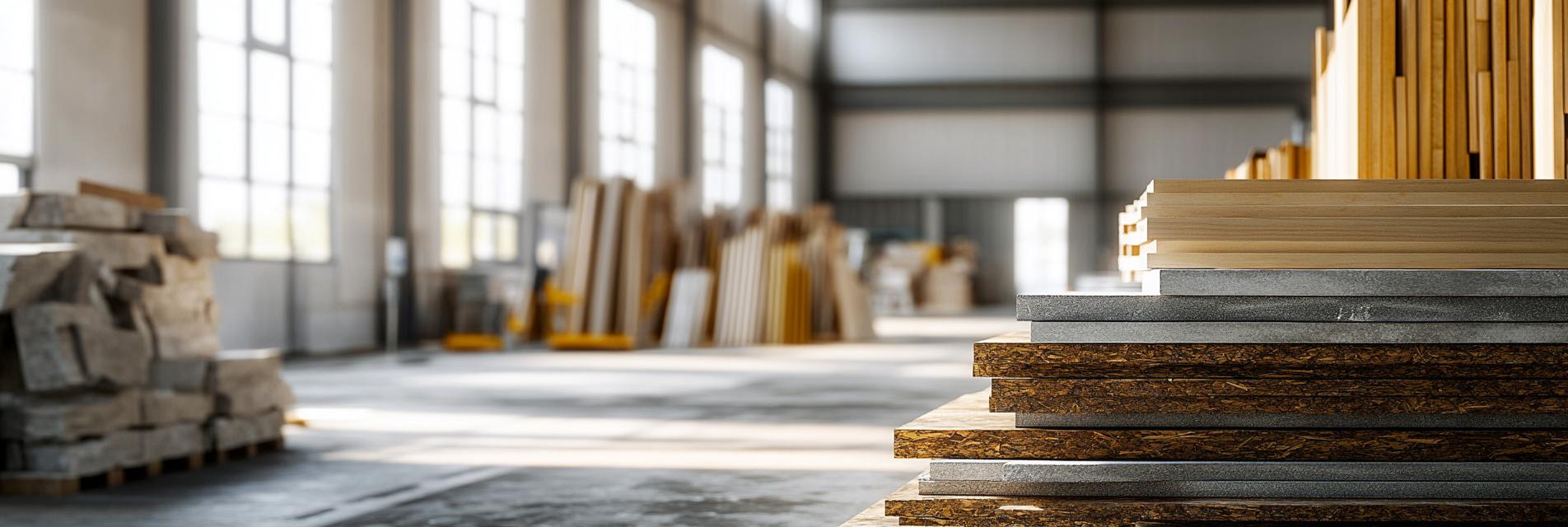In today's industrial landscape, the emphasis on sustainability is more prominent than ever. Energy-saving refractory materials are at the forefront of this movement, providing innovative solutions that not only reduce environmental impact but also enhance operational efficiency.

These advanced materials are designed to withstand extreme temperatures while optimizing energy consumption in various industrial processes. As industries adapt to stricter regulations and a growing consumer demand for sustainable practices, refractory materials that emphasize energy efficiency are no longer just an option—they are a necessity.
1. Improved Thermal Efficiency: These materials offer superior insulation capabilities, reducing heat loss and improving overall thermal efficiency in kilns and furnaces.
2. Reduced Environmental Footprint: By minimizing energy consumption, industries can significantly lower their carbon emissions, aligning with global sustainability goals.
3. Cost-effectiveness: While the initial investment may be higher, the long-term savings associated with reduced energy costs can be substantial.

As industries look towards more sustainable practices, adopting energy-saving and environmentally friendly refractory materials is essential for staying competitive and compliant with regulations. These materials play a pivotal role in transforming the industrial sector, paving the way for a greener future.
Investing in energy-saving refractory materials not only supports ecological preservation but also promotes operational efficiency and cost savings. Companies that prioritize these innovative solutions will not only meet industry demands but will also contribute to a sustainable future.
